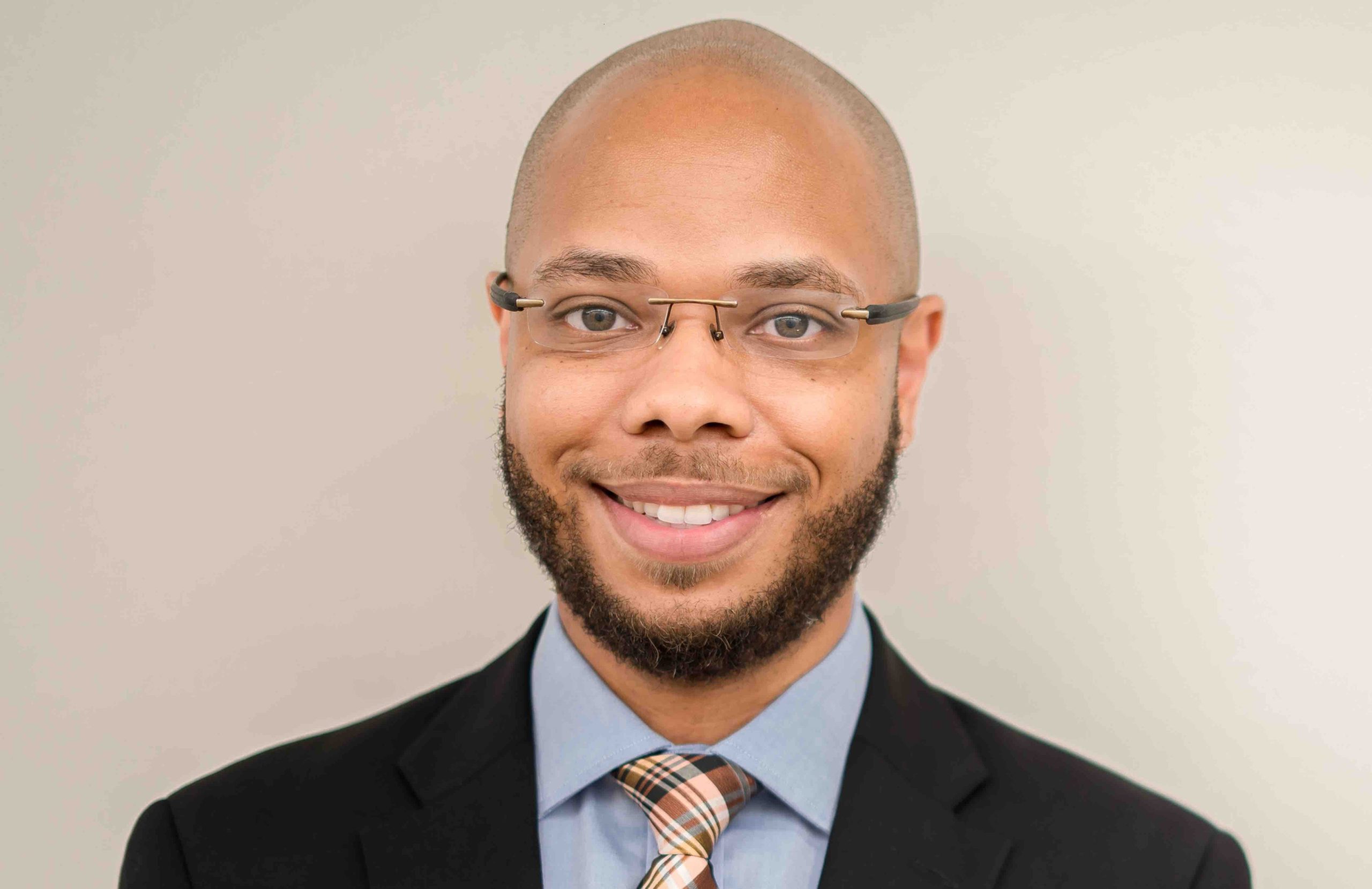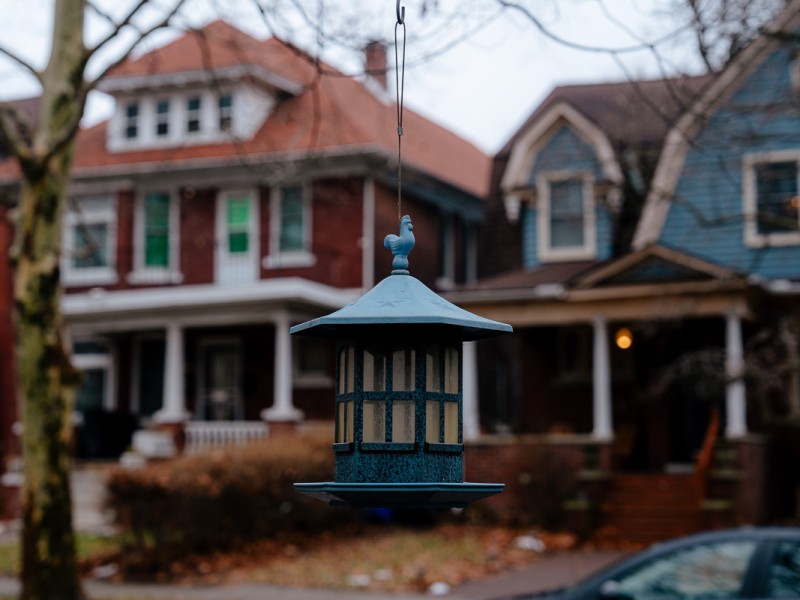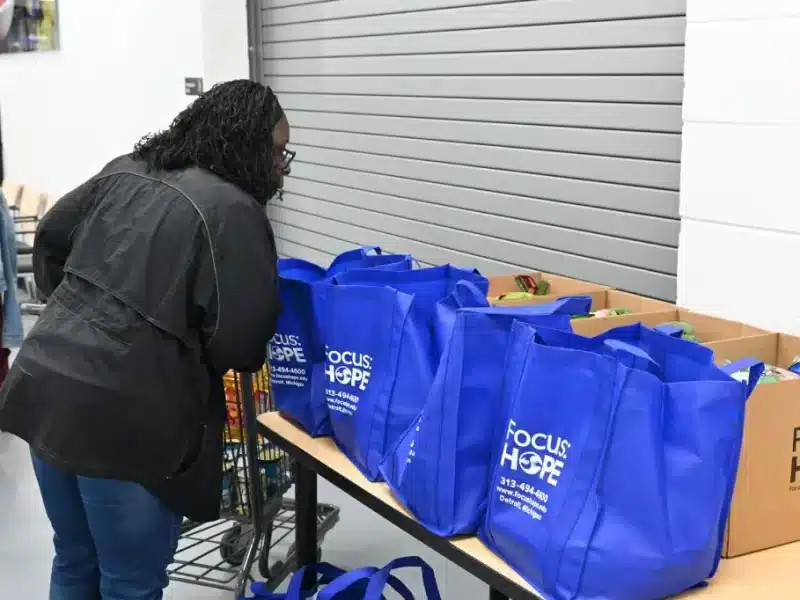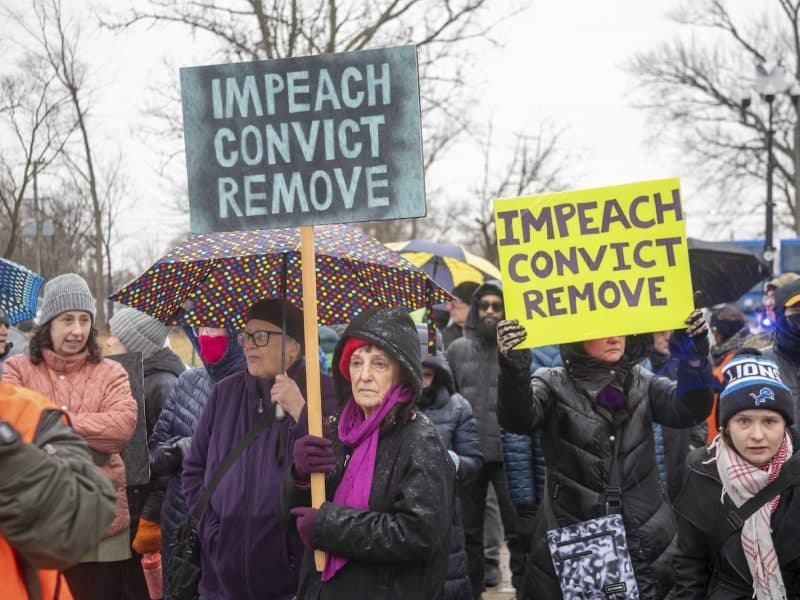Support for small-scale Detroit real estate developers
A program called Better Buildings, Better Blocks is aimed at teaching the nuts and bolts of small-scale real estate development to Detroit, Hamtramck, and Highland Park residents.

Development is big news in Detroit. But often the focus of stories on the topic tends to gravitate towards big multi-million dollar projects in Downtown and Midtown. Over the past few years, however, smaller developers working in the city’s neighborhoods have started to emerge as bigger players in the Motor City’s development ecosystem.
While small-scale developers have always been part of the city’s landscape, members of the newest wave are notable for their willingness to collaborate with each other. The emergence of this new cadre of developers can no doubt be traced to the work of a local real estate-oriented nonprofit called Building Community Value (BCV). In fact, many of these small-scale developers are graduates of a BCV program called Better Buildings, Better Blocks, which is aimed at teaching the nuts and bolts of small-scale real estate development to Detroit, Hamtramck, and Highland Park residents.
Chase Cantrell is the executive director of Building Community Value.
How would you describe Building Community Value to someone who’d never heard of it before?
I talk about BCV as walking alongside residents who want to revitalize their neighborhoods. So folks who are living across the street or down the street from an abandoned home, who want to do something, either creative or just rejuvenative, for their area, but don’t know where to get started. That’s the resource that were providing. I hear a lot of language about us being about empowerment, as we’re giving someone power. But, for us, folks are already thinking through things. They are already trying to make changes. It’s just about us giving folks access to tools that are out there.
What can you tell me specifically about BCV’s Better Buildings, Better Blocks program?
The way that all of this began was in 2015, even before I was involved, there was a professor at the University of Michigan’s Ross School of Business, Peter Allen. He had been teaching real estate at Ross for over 30 years. And essentially he saw that he was teaching to mostly young, mostly majority white students in Ann Arbor. He thought Black residents of Detroit deserve to have the same information.
He saw that there was so much land in the land bank, so much opportunity, and he wanted in some way to give back. He got access to a classroom at the University of Michigan Detroit Center. He got some support from the School of Social Work, and they began to teach a very similar curriculum to what he taught in Ann Arbor to Detroit residents.
But his goal was never to do this long-term, so they wanted a community partner who could take this up and move it forward and find funding and make sure it could live on, so that’s where Building Community Value came into play.
It used to be called Real Estate Essentials. But we rebranded it as Better Buildings, Better Blocks. And we used his base curriculum, but we tweaked it a little bit. We were seeing certain things that Detroit-specific learners needed to have in the classroom. We use a new book, but it’s very much a similar sort of program. We’re walking people through the essentials of development. This isn’t a construction class. There are other programs for that. We’re teaching people really on the developer side: How do you understand what a developer is? How do you understand the numbers? How do you understand the network that you need to make this happen?
Who would you say the program is aimed at?
It’s only open to residents of Detroit, Hamtramck, and Highland Park. And the majority, more than 95% are Detroit residents. There’s a vast array of ages. But it really is Black and brown Detroit residents. We get people as young as their early 20s and as old as in their 70s. It’s a really diverse range. And it’s mostly women, a majority, which is great. Because the development ecosystem, regardless of race, isn’t led by women very often. To be able to make sure that women understand how to get involved and how to lead and how to own is really important to me. And I would say majority Black Detroit that is the target population
What are some of the common challenges participants run into with their development efforts and how does BCV support them?
So the primary challenge, and this is not going away, is capital. There are tons of studies and reporting in the Detroit media about the lack of value that the market gives to a lot of Detroit homes. Most of our graduates do single family rehab, some are doing a little more, two-to-four units, and then people graduate to commercial or larger multi family. If you’re doing a single-family development in Detroit, because many of these homes have been vacant for so long, the acquisition and rehab cost is higher than the market value. In a traditional market you would not do that deal, because it does not make financial sense. What we do is help people understand the neighborhoods of the city and to understand how comparables work. Our goal really is to make sure that people are able to do the analysis before they buy something.
Because you can access these vacant homes cheaply, people buy them thinking, “Oh, if I can get it for 5K or 10K, it’s going to be easy,” not realizing that you need to put 80- to-100K in it, and the market value isn’t worth that much. So people end up in these situations where they put their life savings into a rehab. And they don’t have any way to get any more capital. So they’re just sunk costs.
We’re trying to prevent people from getting into that situation by knowing the full breadth of how much it will cost before they even put a dime into anything. Part of this is preventative as well, to make sure people are making really good decisions.
How has the program changed since you started?
One, it wasn’t funded when we first started. So we have a budget. Almost all of that is philanthropy: Ford Foundation, Kellogg Foundation, Knight Foundation. So it really is local Southeast Michigan-based philanthropy having faith in the mission of the organization. That allows us to have staff. We have dedicated staff who are all active in the real estate ecosystem, whether they’re doing active development, real estate consulting, working for the government, working for real estate-based nonprofits. Everyone is doing something in the ecosystem as we’re providing advice and counsel to our participants. It’s not as though we’re in some ivory tower. All of us are on the ground experiencing the same things that they’re experiencing.
And the curriculum has changed. We developed our own textbook for the course. It’s about 115 pages worth of text, very much Detroit-based, very sequential in a way that we think is easy for people to learn some challenging concepts. And what I never anticipated is not only were we just providing information to folks but were also creating a network. At this point, there’s been nearly 400 participants that have been accepted into the program. We [recently] had an alumni mixer at a location on the east side that was really a success story. We have newer participants who are currently in the cohort and people all the way back from 2016 forward showing up. I think that the network part, making sure that across cohorts people are meeting each other and sharing information and getting connected, that’s a major, major difference that we’re leveraging more and more.
How many cohorts have you graduated?
We’ve graduated 13, and currently we’re on our 14th, which will end May 20.
What sort of impact do you hope the graduates of the program have on the future development landscape of the city?
There are a few things. One is that, when the media or government is talking about development in Detroit, it’s usually the very large projects [and] most of the developers are not developing outside of greater Downtown. If we’re thinking about the nature of change in neighborhoods, it really will be these smaller projects that begin to catalyze places that well-capitalized developers aren’t going. If we want to see change, even in the strategic neighborhoods, it’s a lot of smaller developers that are doing this work.
What I’m beginning to see is that people who graduate from BCV, they do one-to-four-unit rehabs, and then they really do graduate to bigger projects. So there’s a pipeline and there’s an ecosystem. Before 2015, you would have been hard pressed to find where people are getting the knowledge, but now we have BCV at the beginning of the pipeline.
Capital Impact Partners has their Equitable Development Initiative for larger projects. I’ve seen people graduate from BCV. They’ve graduated from Capital Impact and now they’re on to doing truly large multi-million dollar projects, so that’s what we want to see; the pipeline of developers of color in the city of Detroit, who have the knowledge base to actually do this work.
I know how long it takes to do a project in Detroit. As a developer, I could not have the kind of impact that I truly wanted to see at scale, if I’m just doing development projects myself. You have to teach others to do this work. The scale of the opportunity is so great. You have to have all hands on deck to make this work, and Detroit is a big city. My hope is that we’re creating a true pipeline of developers and Black ownership of real estate in the city of Detroit.
Anything else you’d like our readers to know?
The only other thing I would add is what’s on the horizon. What’s challenging about the BCV training Is that we’re only teaching about 25 people on average at a time. There’s a demand out there to get this information and to understand how this works. So BCV is creating a virtual module that people can access at their own pace anytime on the internet, and this is in conjunction with the University of Michigan.
We’re creating this virtual module for people who don’t necessarily make it into the program or people who need a refresher or people who are learners that need more time. There’s another resource for people to be able to tap into to begin their journey.
This entry is part of our Nonprofit Journal Project, an initiative inviting nonprofit leaders across Metro Detroit to contribute their thoughts via journal entries on how COVID-19, a heightened awareness of racial injustice and inequality, issues of climate change, and more are affecting their work–and how they are responding. This series is made possible with the generous support of our partners, the Michigan Nonprofit Association and Co.act Detroit.





